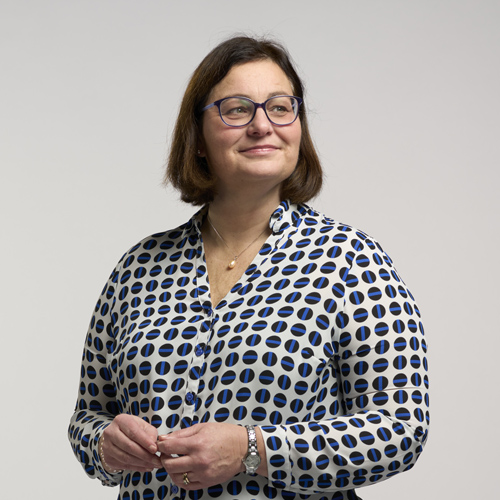Studying at Lincoln
We believe in the transformative power of higher education to help people achieve their full potential, providing an experience that is academically rigorous, creative, and engaging. We deliver a range of undergraduate, postgraduate, and flexible learning programmes, along with apprenticeships, which offer an alternative to traditional degrees.

/prod01/university-of-lincoln-cdn-pxl/media/responsive2017/research/newresearch/Sharon,Green,banner,1600X600.jpg )


